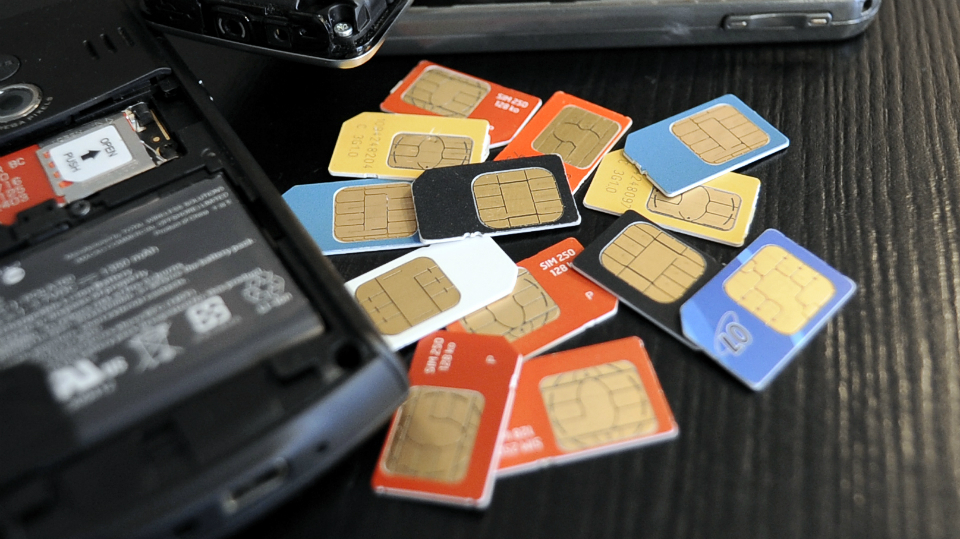
The House of Representatives on Wednesday approved on second reading the measure requiring the registration of SIM cards.
In a voice vote, House Bill 5793 was approved during the plenary session. The measure aims to help law enforcement agencies in tracking down lawless criminals who use mobile phones in committing illicit activities.
Among the key provisions of the measure is the establishment of a system of sale and registration of the SIM card for all users by registering pertinent data in a registration form set up for the phones.
The measure mandates all public telecommunications entity to require the end user of the SIM card to present a valid ID with photo to ascertain identity. The PTE or the direct seller shall further require the end user to accomplish and sign a control-numbered registration form issued by the respective PTE of the sim card purchased.
Foreign nationals are also required to register their SIM cards, the bill said.
The bill states that the following details be registered: full name, date of birth, gender, and address of the end user appearing in a valid government ID with photo.
Under the confidentiality clause, any information in the sim card shall be treated as “absolutely confidential,” unless access to information has been granted upon written consent of the subscriber.
ACT Teachers party-list Representative France Castro expressed concern that this could lead to investigative journalists, witnesses, whistleblowers, and other members of marginalized groups being placed under surveillance or threat.
In response, House committee on information and communications technology chairman Representative Victor Yap said telecommunication firms have to step up in ensuring data privacy under this bill.
“We need to keep in mind that the telcos, who are responsible later on in implementing this bill or law if it will be passed by both houses, will have to do more in terms of protecting the privacy, the data privacy as well as the surveillance policy,” Yap said.—AOL, GMA News

0 Comments